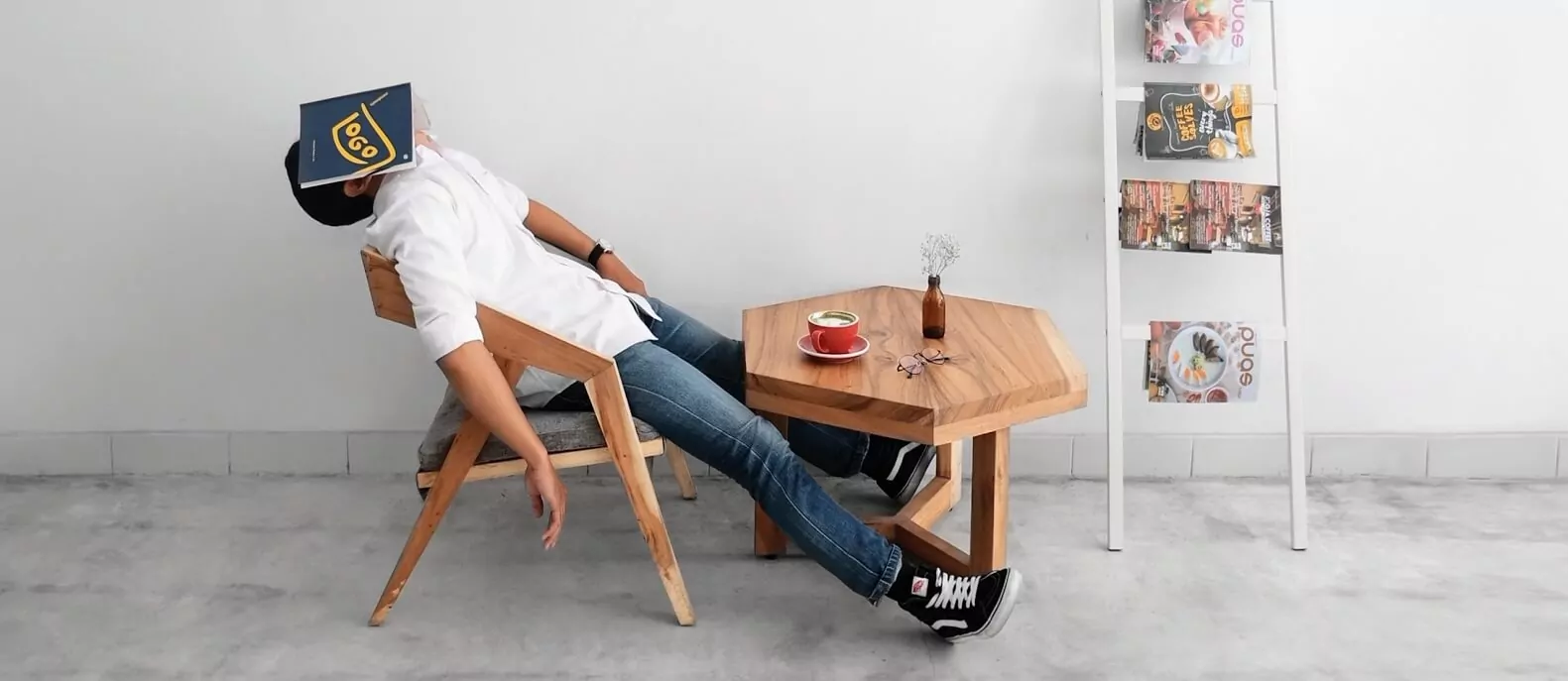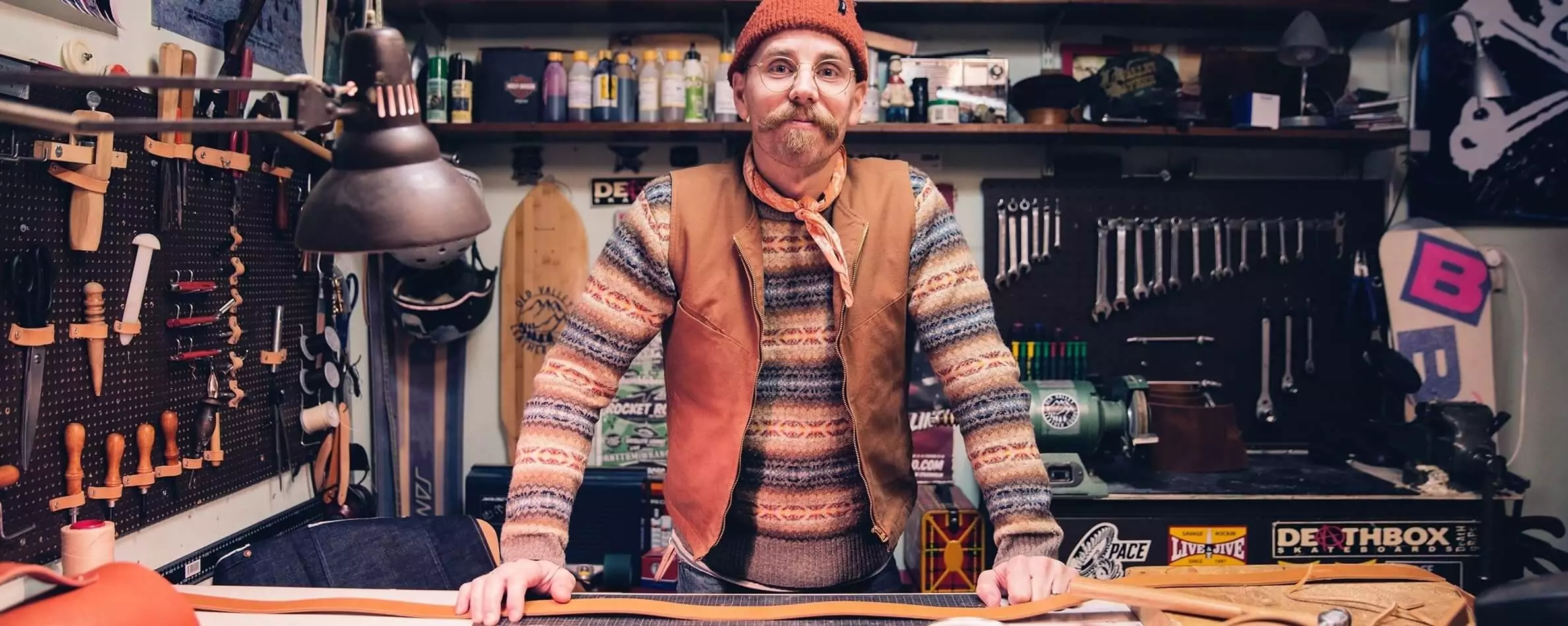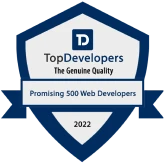Even though collaboration between academia and industry has a long history, the activation in this area happening within recent decades is truly impressive.
These days we constantly hear about university-industry partnerships tackling humanity’s greatest challenges: developing drugs for long-standing diseases such as cancer, tuberculosis (Babraham Institute – Astra Zeneca partnerships), getting closer to unlocking the potential of the artificial intelligence (MIT cooperation with IBM), fighting climate change and so on.
All this might remind you a classy move from the apocalyptic film plot – when antagonists agree to collaborate for the sake of saving civilization.
However, there is another motivation hidden behind such alliances which is much more down to earth. It’s simply a win-win deal that gives a competitive advantage for both parties. Universities get practical insight and connect with practicing professionals, whereas businesses get access to the latest research, innovation and graduate talents firsthand. In our case, thanks to the collaboration with academics we managed to boost the development of our R&D initiative, establish connections in the area of Artificial Intelligence and Deep Learning, find consultants and researchers and get young talents on board.
Where to start? (based on our experience)
The fact that we hear only about giant companies’ and top-notch universities’ partnerships doesn’t mean there is no room for industry-academic collaboration on a smaller scale. There are many ways how medium and small businesses can cooperate with academia, and it doesn’t compulsory require huge funds and “save-the-planet” purpose. One of them (that we tried) is to participate in public programmes.
Industry-academic cooperation is usually supported by public institutions, governments, local councils, NGOs and so on. They help businesses and universities to connect, provide or help with finding funds, getting access to necessary equipment and so on. You just need to follow such initiatives (simply by googling them) and apply when interested.

This is how we got a chance to become closer to science, thanks to the Mozart programme – the initiative of the city council of Wrocław promoting the partnership between universities and businesses. The goal of this programme is to support the local labor market by connecting local companies to researchers for boosting their intellectual potential.
Within the scope of the project, that lasted for a year (2016-2017), we collaborated with Maciej Matyka (Ph.D., lecturer at the Department of Physics and Astronomy at the University of Wrocław, author of numerous publications on computer simulations in physics). He was working on a code that allows presenting a simulation-based scientific document with interactive content. From our side, we were consulting on the programming side of the project. You can see the results of the project here.
In fact, our cooperation has spread far beyond the subject of the project. It resulted in a better understanding of the academic world and how it works, numerous internships for students of the University of Wrocław, a special internship programme, and valuable contacts that helped us develop R&D department devoted to commercial applications of Artificial intelligence, Deep Learning and Augmented Reality. At the moment, together with our academic consultants, we are working on the commercial application of AI for one of our customers. We keep exchanging ideas and support each others’ initiatives, and looking forward to sharing more news on results of our cooperation in the near future.
To sum up…
Keeping in touch with academia accelerates innovation at your company. And if you choose to use latest technologies or scientific discoveries for business, having academics and researchers on board is the way to go. The great way to start is by establishing collaborations with a university. You can do it by participating in publically supported initiatives, just like we did. To get more ideas on how your business can collaborate with university we recommend reading this.




